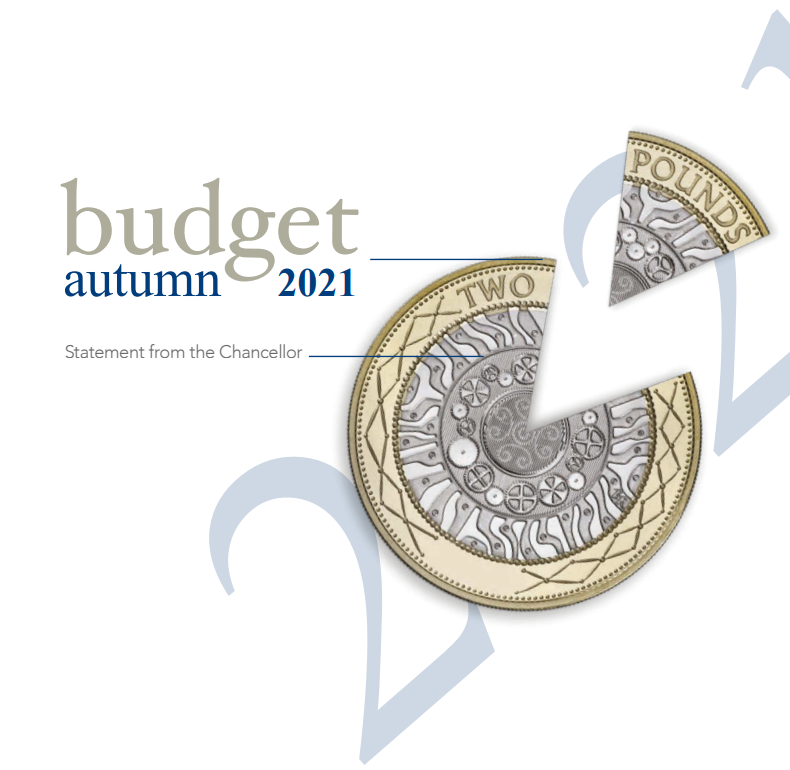The IRS, previously in 2019, implemented procedures for specific US persons who have either renounced or intend to renounce their US citizenship in; and plan to be compliant with their US tax reporting obligations.
These procedures allow the former citizen to avoid being taxed as a “covered expatriate” under section 877A of the U.S. Internal Revenue Code (IRC).
A point to be noted is that the relief procedures for former citizens only allow a taxpayer to come back into US tax compliance without having to pay any tax owed providing they meet the following criteria and specifications:
- The return will not have a penalty for not filing previous years (wilfully)
- For people with a CLN (Certificate of Loss of Nationality)
- Social Security Number / TIN not required
- Exempt from paying tax (if under $ 25,000)
There may be possibility that if the above conditions are not met, the former citizen will be unable to enter the streamlined procedure and therefore the tax returns will be processed as normal; unfortunately, with the risk of fines and interest being applied.
If you have any further questions, please contact a member of our team.







